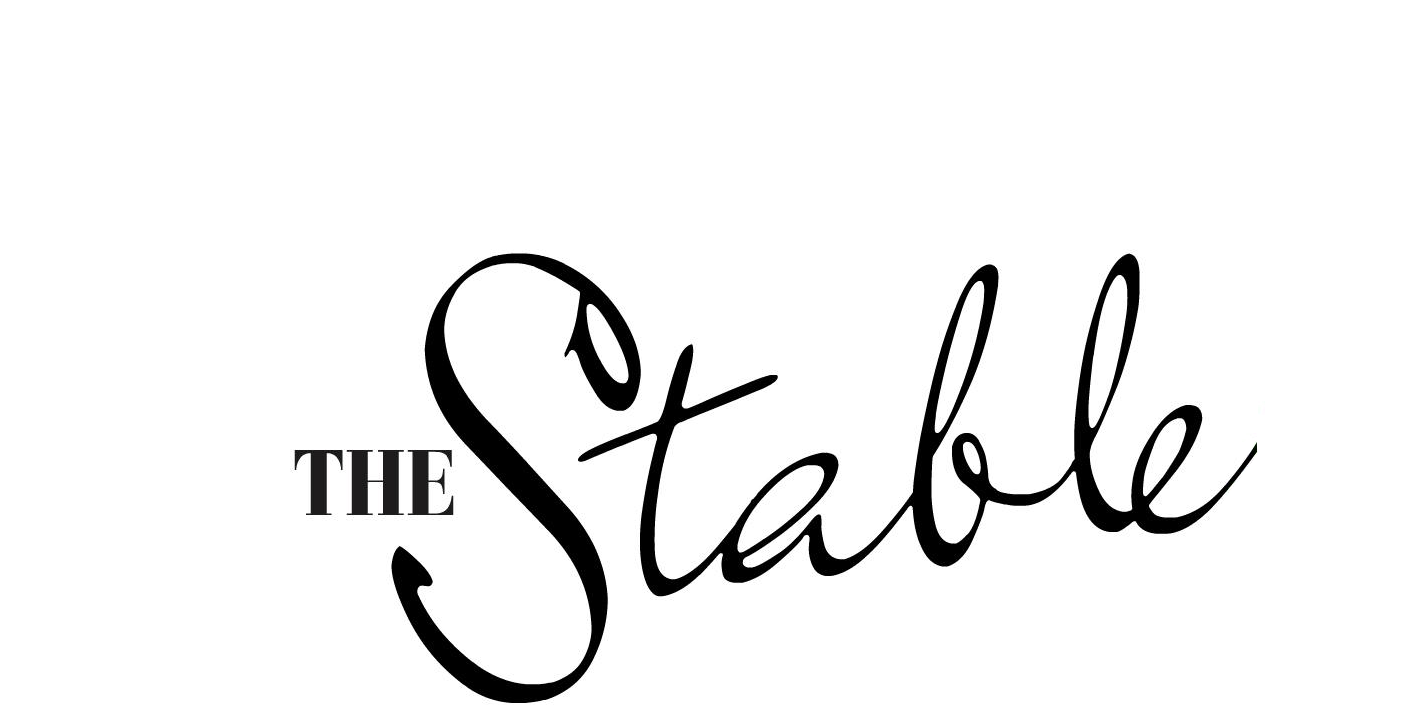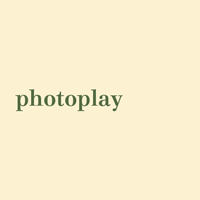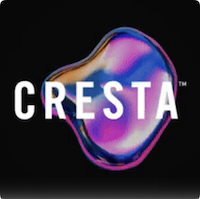What do you reaaally want to do if you’re told not to do something? Thinkerbell Aotearoa’s smarts for human psychology knew. The agency installed a bright orange suitcase in a bright orange Jetstar luggage carousel in Auckland’s Britomart shopping hub on an ordinary Thursday morning with a sign telling people not to open it.
The attention-grabbing activation seemed to dare New Zealanders to do the very thing they were told not to do. And as the suitcase circulated slowly on the carousel, some could not resist…
The brave and naughty were rewarded with Jetstar flight vouchers, proving that if you want Kiwis to do something, try telling them not to.
The social experiment launched a broader initiative for Jestar, the Reverse Psychology Sale, aimed at challenging outdated brand perceptions and inviting Kiwis to take another look at Jetstar. From “Do not scan the QR code” posters and teaser posts warning, “Nothing to see here”, the work tapped into New Zealanders’ natural resistance to being told what to do and turned it into an invitation to travel.
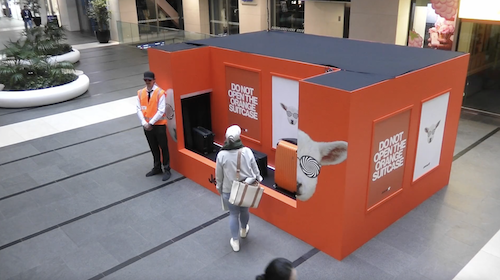
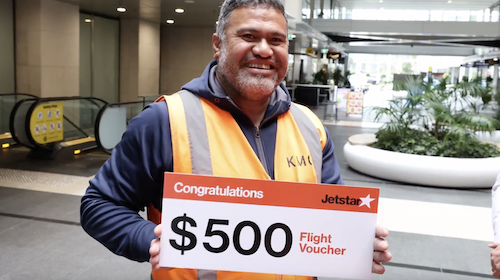
Regan Grafton, chief creative at Thinkerbell Aotearoa, stated, “We absolutely did not want this idea to get noticed. We definitely didn’t want anyone opening that suitcase or talking about it. And we especially didn’t want people to reconsider how they think about Jetstar. But of course, they did, because that’s how reverse psychology works. We designed a nudge, dressed it in curiosity, and let human nature take care of the rest.
“You’re probably not interested in this bit either, but the whole thing was a bit of psychological magic called reactance. Tell people not to do something, and suddenly they want to take back control – proving that sometimes the best way to get noticed is to act like you don’t want to be.”
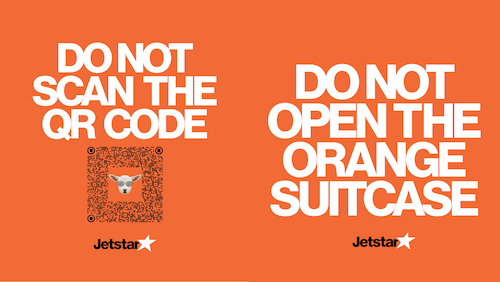
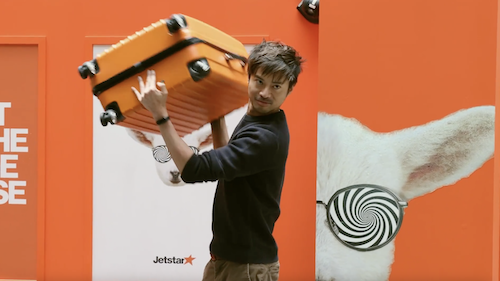
Thinkerbell’s full Reverse Psychology Sale campaign covered earned and paid media, social, influencer, OOH and activation.

